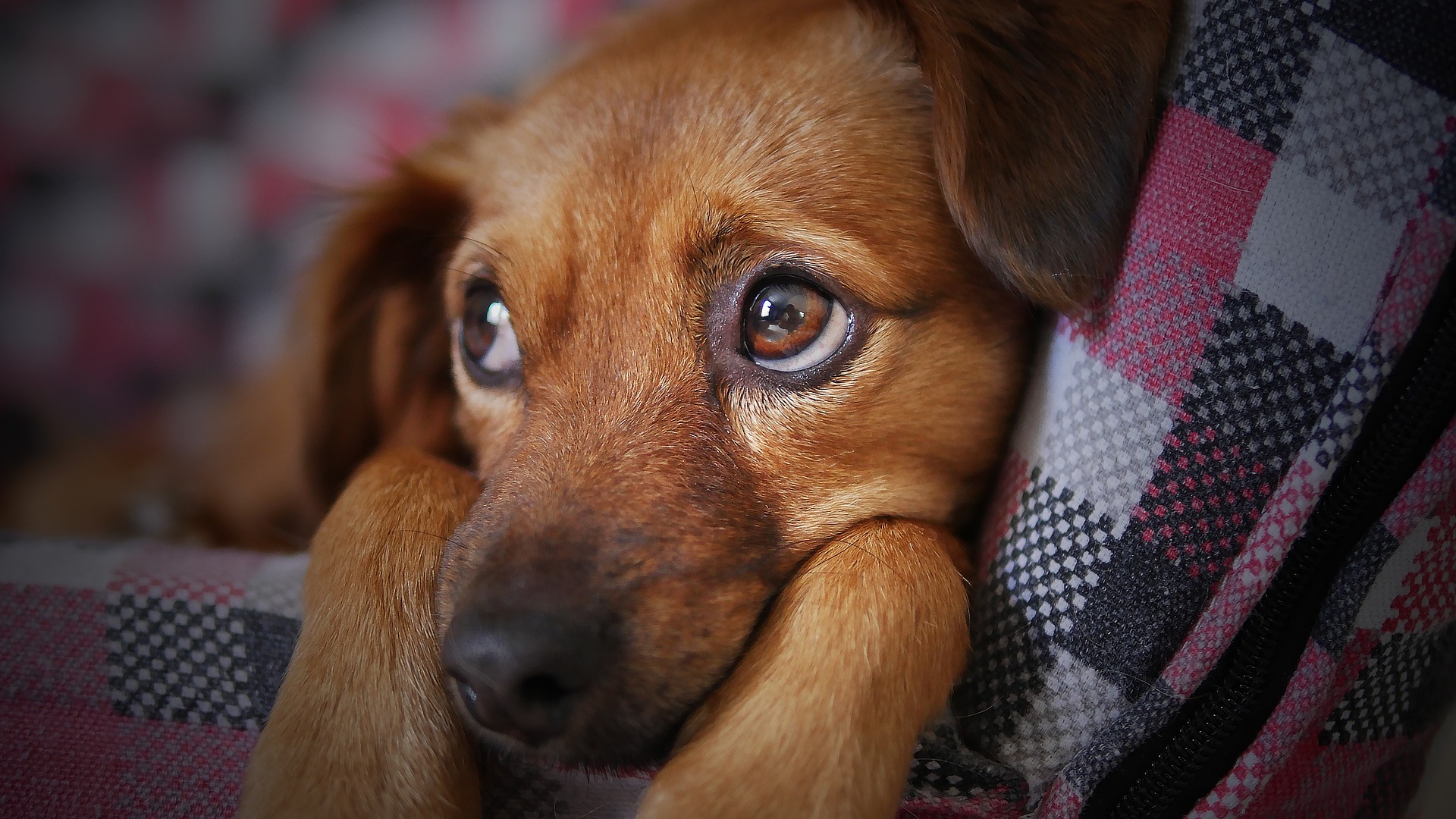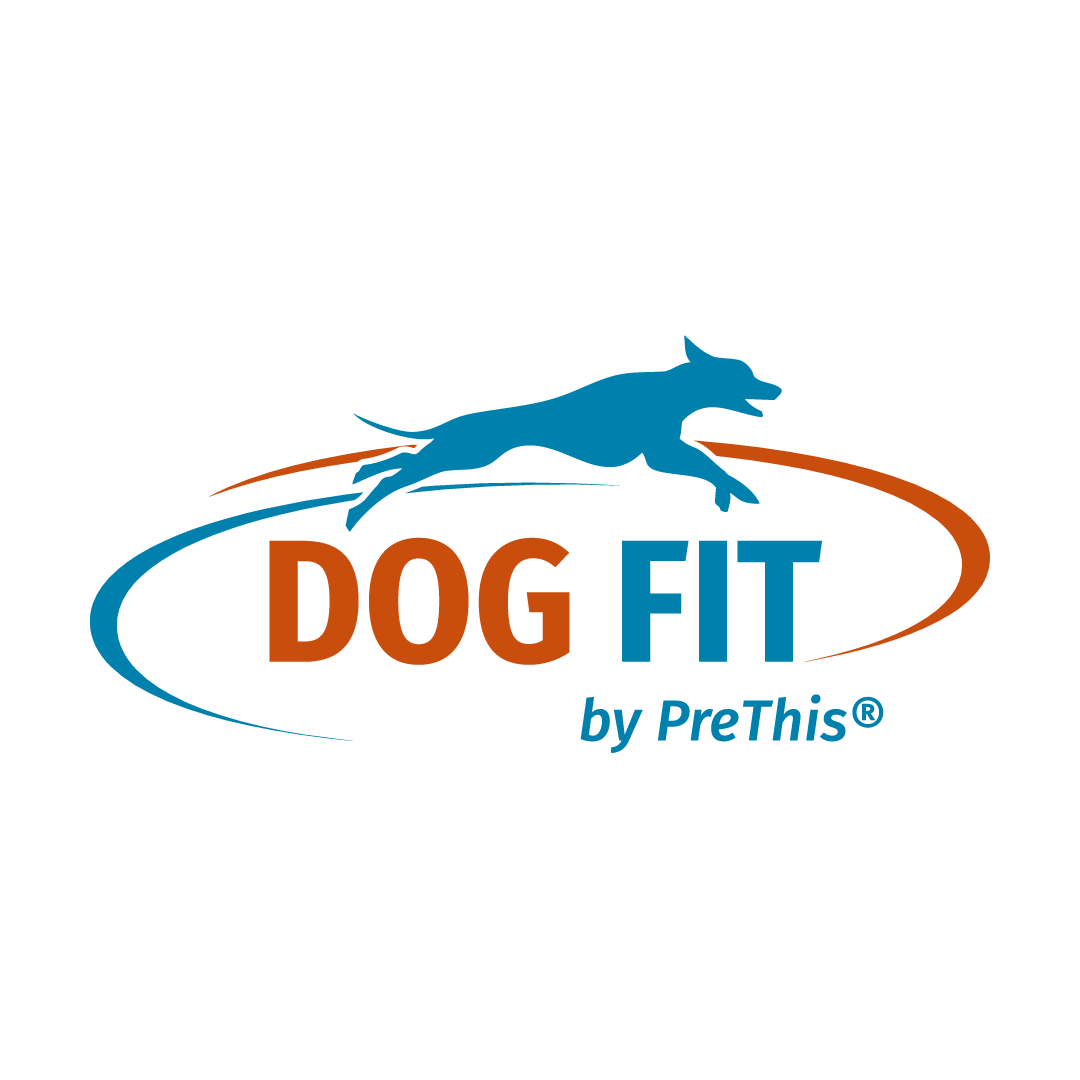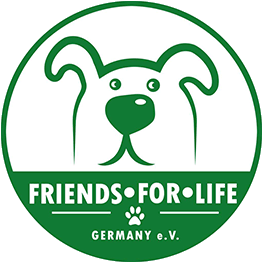 If dog owners come up with parasites in conversation, It’s usually about fleas and lice, sometimes also about ticks. And even if these bloodsuckers are admittedly annoying, there are also other parasites that are just as common and can sometimes have very unpleasant effects for dogs and owners: Giardia.
If dog owners come up with parasites in conversation, It’s usually about fleas and lice, sometimes also about ticks. And even if these bloodsuckers are admittedly annoying, there are also other parasites that are just as common and can sometimes have very unpleasant effects for dogs and owners: Giardia.
Giardia – nasty intestinal parasites
Giardia are intestinal parasites that can affect many different species of mammals. It is not uncommon for Giardia to be transmitted from dogs to humans – and vice versa!
These are tiny, single-celled hostage animals that nest in the mucous membrane of the small intestine and, depending on the overall health of the affected organism, trigger symptoms of illness – or not. Regardless of whether the Giardia manifests itself symptomatically or not, the host’s excretions are always contagious and can infect other animals.
Young dogs up to around 2 years of age are most often affected, as the digestive tract is usually not yet sufficiently stable at this age. However, the parasite can also affect older dogs, although severe symptoms are much less common.
In most cases, transmission occurs through the ingestion of infected feces or through smear infection, for example when a dog greets another with its snout on its butt. However, stagnant water is also increasingly contaminated with Giardia. For transmission, the small intestinal parasites encapsulate themselves and are therefore able to survive and be infectious for several months under favorable conditions.
Typical Giardia symptoms and course of the disease
Basically, the symptoms of a Giardia infestation are very simple: A sick dog suffers from severe, sometimes slimy and foul-smelling diarrhea. Although diarrhea can also have many other causes, if the symptoms are observed over several days, the feces should be examined by the vet in a rapid test for Giardia in order to initiate treatment if in doubt.
In many cases, Giardia infestation is completely symptom-free: Although the parasites have settled in the host’s intestines and are excreted in infectious feces, they do not cause any symptoms. Only when the parasites take over for some reason (for example due to a smoldering infection, insufficient supply of nutrients or another weakening of the organism) do the symptoms appear.
The tricky thing about Giardia is that it weakens the entire organism by hindering intestinal activity. The coat becomes dull, the dog has stomach pains and becomes thinner and thinner despite sufficient food supply. The immune system also becomes weaker: If Giardia infestation persists, the immune system is often no longer strong enough to withstand even small infections.
Therapy and treatment options
The good news is: Once the intestinal parasite infestation has been diagnosed, your dog can be treated reliably and without any expected complications. After detecting Giardia in the feces, the veterinarian administers targeted medication that must be administered reliably and accurately. In addition, you must definitely pick up your dog’s feces during walks – this is the only way to prevent other dogs from also becoming infected with Giardia. You should also thoroughly clean all objects that the dog comes into contact with to avoid reinfection from contaminated objects.
Even if several animals live in the household, caution is advised: It is important to remember that the parasites not only spread from dog to dog, but also to any other mammal (whether a cat, rodent or even humans). That’s why it’s often wise to have all animals living in the same house checked for Giardia and treated in the event of illness.
Prevent
One thing in advance: There are no real preventive measures against Giardia infestation. Conventional preventive worm treatments do not help, nor is there a vaccination or specific feeding that could help you avoid infection. On the contrary: There is a risk of infection wherever dogs meet.
The fact that there are no preventive measures does not mean that you cannot do anything to prevent the spread of Giardia. For example, it makes sense to collect fecal samples at regular intervals and send them for examination to rule out that your dog is infectedand as a “shedder” continues to infect other animals and thus ensures that the intestinal parasite spreads. In the event of an infection, you can proceed to treatment more quickly and prevent your dog from developing health problems. Be sure to strengthen the dog’s immune system, for example with DOG FIT by PreThis® VITAL immun. Thorough hygiene measures, such as keeping the sleeping and eating areas clean, can also be helpful in avoiding infection with Giardia.

Every day we experience the wonders of nature with our dogs. This inspiration is the basis for our lives and our products. In our magazine we share with you our passion for these wonderful animals. Visit our socials and become part of the DOG FIT community.


Leave a Reply